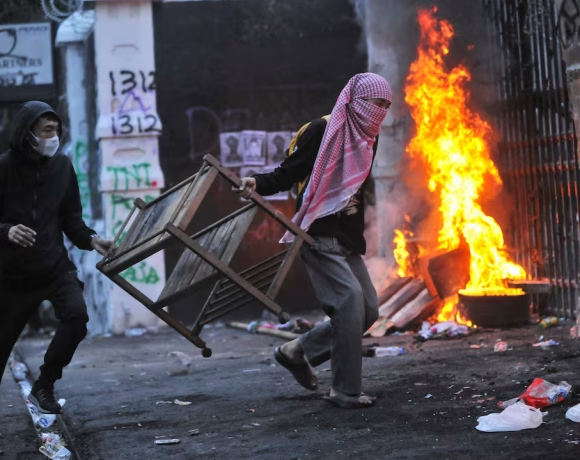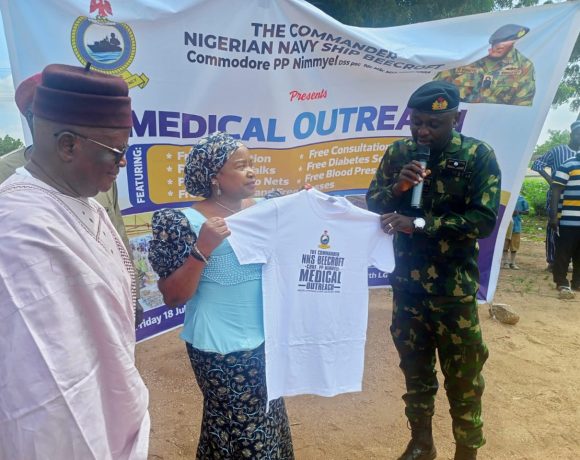The UN Resolution on Gaza: A Turning Point for the Middle East and Africa

Israel
Opinion: By Samuel Shay, Entrepreneur and Senior Economic Advisor to the Abraham Accords Treaty
The approval of the United Nations Security Council resolution to establish an international stabilization force in Gaza is one of the most significant decisions made in recent years. It marks a strategic shift from survival to reconstruction, from chaos to structured development, and from endless violence to a regional framework built on stability and economic growth.
This decision is not only a diplomatic milestone. It creates a foundation for long term development in Gaza, the Middle East and regions far beyond. It provides the first genuine opportunity to build institutions, restore civilian life, and integrate Gaza into a broader economic and educational framework that can shape the future of the region.
At the same time, the consequences of this decision extend deeply into Africa, where extremist groups thrive on poverty, institutional collapse and the absence of meaningful economic horizons. The new international model forming around Gaza can directly weaken the ecosystem that sustains terrorism across the African continent.
Gaza as a regional model for stability and development
The international force authorized by the UN will create the secure environment needed to rebuild Gaza. For the first time in many years, it will be possible to establish functioning governance systems, modern infrastructure, vocational training programs, and long term investment projects.
Such conditions are the starting point for genuine change. When a population receives education, employment and safe public space, extremist influence begins to shrink. Gaza can become a demonstration of how security and development operate together and how economic cooperation between the United States, the Gulf states and Israel can transform a conflict zone into a productive, stable area.
How the Gaza model affects terrorism networks in Africa
Africa faces many of the same structural weaknesses that existed in Gaza. In the Sahel, the Horn of Africa and Central Africa, extremist groups rise where governments fail to provide stability, economic opportunity and education. These groups depend on despair, unemployment and chaos.
The new Gaza framework is based on a different philosophy. It couples security presence with economic development, local employment, educational reform and international investment. This combination is exactly what African states require in order to weaken insurgency movements and reduce the space in which terror organizations operate.
If African governments choose to collaborate with the United States and the Gulf states under the strategic direction promoted by President Trump, they will be able to adopt a development model that directly reduces radicalization and builds long term resilience.
Why African leaders must act now
African leadership faces a critical moment. The world is moving toward a new axis of cooperation between the United States, the Gulf region, Israel and countries willing to adopt a transparent development strategy. Those who join these initiatives will gain access to infrastructure investment, food security programs, digital education, and large scale employment projects.
Those who resist or attempt to preserve outdated political interests will harm their nations and isolate themselves from the opportunities now placed on the table.
Africa needs stability, technology, telecommunications, agriculture, water solutions and modern education. All of these are available through partnerships with the United States and the Gulf. The only question is whether leaders will choose national progress or personal interests.
President Trump’s development vision as the catalyst
President Trump’s approach integrates economic development, education, modern infrastructure and strategic regional cooperation. The same structure now approved for Gaza can become a template for countries in Africa that wish to break the cycle of instability.
When Gaza begins to rebuild under the new framework, African nations will recognize that there is a reliable pathway to growth. This understanding will reduce the influence of terror groups that depend on hopelessness and the breakdown of civic systems.
By aligning with the Abraham Accords economic vision and partnering with the United States and the Gulf states, African countries can establish a new foundation for security and prosperity.
The UN decision on Gaza has created a short but powerful window of opportunity. It provides the Middle East with a path toward regional stability and gives African nations a platform for real economic transformation. This is a rare moment where a single diplomatic action can generate positive effects across continents.
The coming weeks and months will determine whether leaders rise to the challenge. Those who embrace cooperation and development will secure the future of their nations. Those who hesitate risk losing a generation.
The time to act is now, for the Middle East, for the Gulf, and for Africa.









